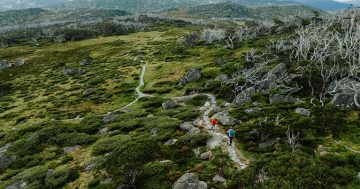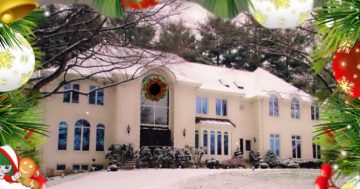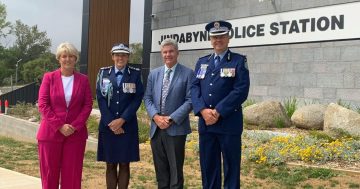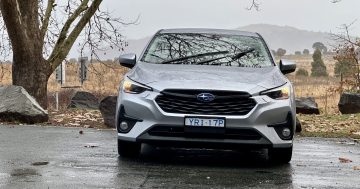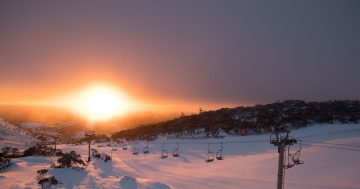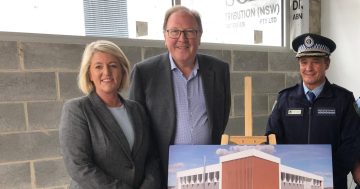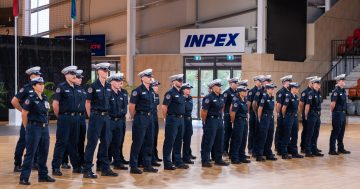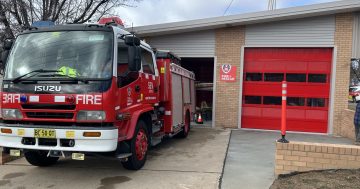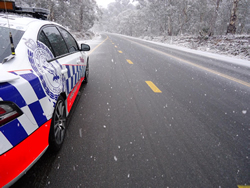 NSW Police breath-tested nearly 1,500 people in the State’s Snowy Mountains over the long weekend (12-14 June) as part of the launch of its annual Operation Snow Safe, urging the community to have a plan and stay safe during the ski season.
NSW Police breath-tested nearly 1,500 people in the State’s Snowy Mountains over the long weekend (12-14 June) as part of the launch of its annual Operation Snow Safe, urging the community to have a plan and stay safe during the ski season.
Deputy Commissioner of Regional NSW Field Operations, Gary Worboys said a busy ski season was expected this year with more people holidaying locally and early heavy snowfalls.
“Those heading to the snow must prioritise their own safety, and plan their trips ahead of time,” Deputy Commissioner Worboys said.
“The population of our snowfields and surrounding towns increases exponentially during winter – even more so this year because of international border closures due to the pandemic – and for police, our number one priority is always community safety,” he said.
“We have already seen heavy snow falls in the area, so remember to act responsibly and make smart decisions behind the wheel; keep a safe distance between your vehicle and others, take regular breaks and fix snow chains to your tyres in slippery conditions.”
Deputy Commissioner Worboys said additional police would be deployed to the Snowy Mountains region from across the State as part of the high-visibility Operation.
He said locals and visitors could expect to see officers from General Duties, Traffic and Highway Patrol Command, Southern Region Enforcement Squad, licensing police and other specialist officers throughout the season.
Southern Region Commander, Assistant Commissioner Joe Cassar said police would be out in force to ensure the safety of the community.
“People can expect to see police out and about throughout the season targeting road safety, alcohol-related crime, anti-social behaviour and personal safety,” Assistant Commissioner Cassar said.
“Our priority is to keep people safe – on the slopes, roads, licensed venues and out and about in the alpine region,” he said.
Assistant Commissioner Cassar said that in addition to the snow safety reminder, NSW Police were urging hikers to ensure their personal safety by submitting a Trip Intention Form and hiring a Personal Locator Beacon (PLB) before heading out into the national park.
He said PLBs were free of charge, by way of a refundable deposit, from one of the National Parks and Wildlife Service centres.
“Hikers – no matter how experienced – should stick to the tracks, as whiteouts and snow clouds can quickly and easily disorientate,” Assistant Commissioner Cassar said.



